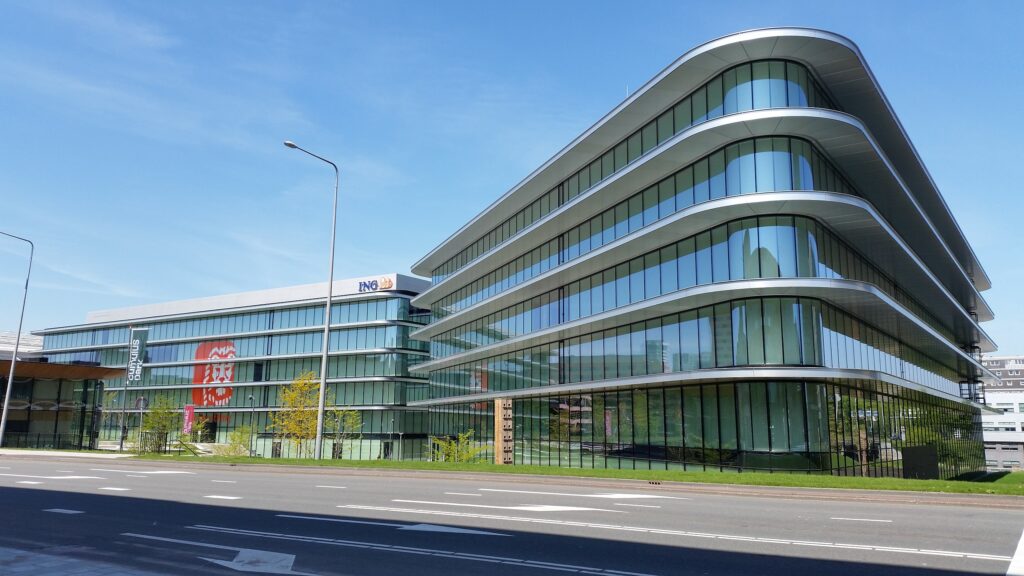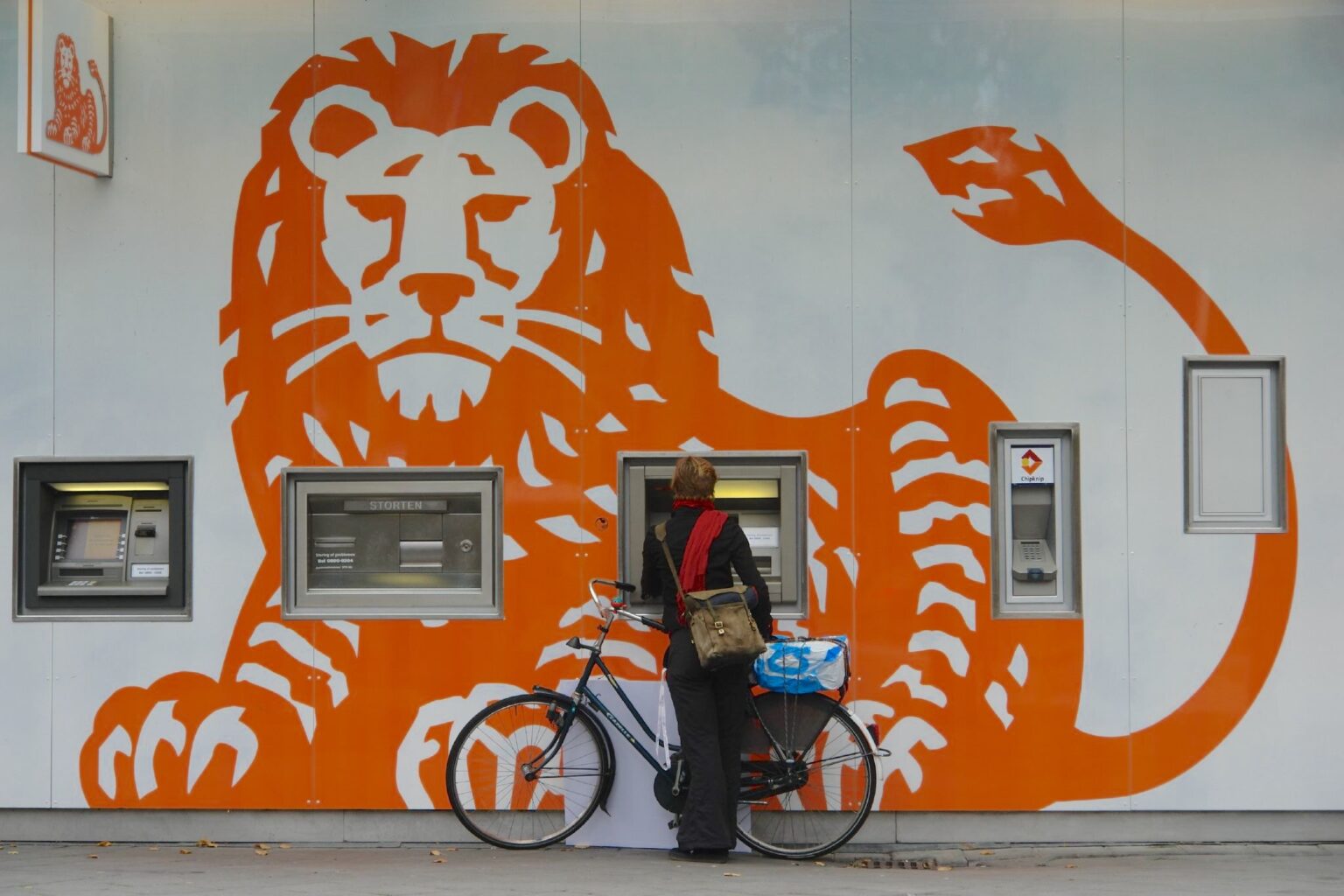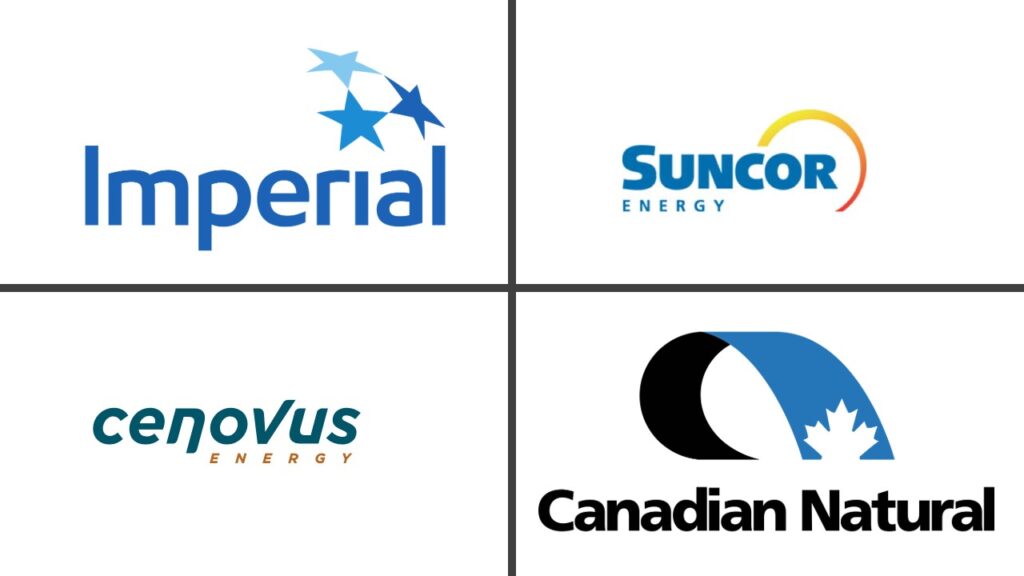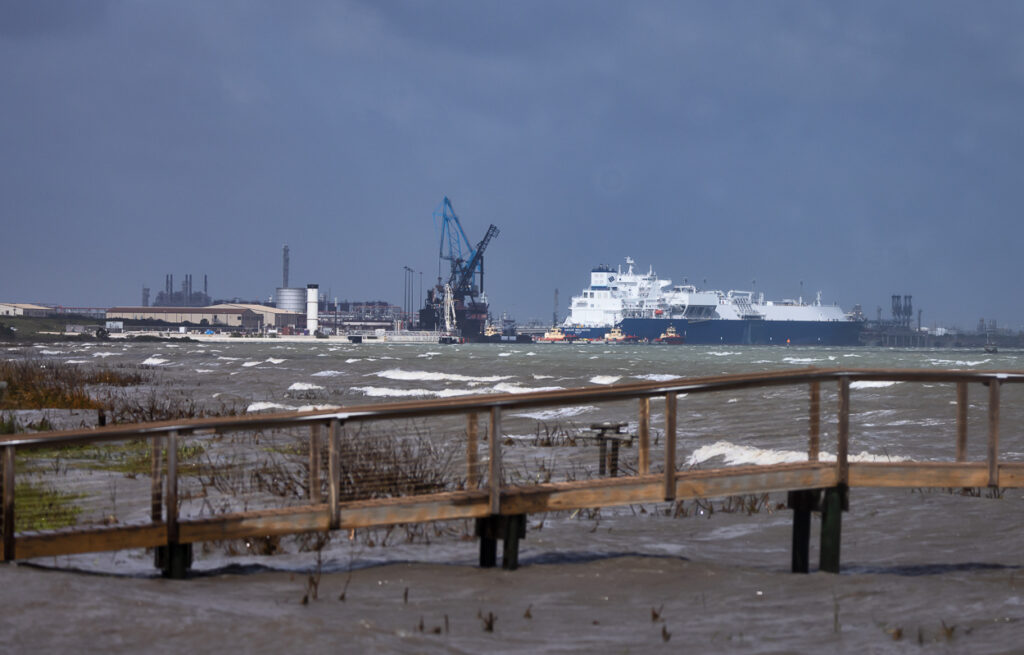When Royal Dutch Shell lost a landmark climate lawsuit in The Netherlands, climate advocates said the Dutch court’s ruling put polluters and their financiers on notice. Now, the Dutch NGO that successfully sued Shell over its climate plans is taking those financial backers to court in a case that could help reverse the global banking sector’s support of fossil fuel firms and their activities.
On January 19, Milieudefensie (Friends of the Earth Netherlands) announced it is initiating legal action against ING, the Netherlands’ largest bank and a major funder of U.S. liquefied natural gas (LNG). In a letter addressed to ING CEO Steven van Rijswijk and the first step in litigation, Milieudefensie says it believes the bank is in breach of its “duty of care” obligation under Dutch law. “ING’s climate policy is miles away from what is necessary to achieve the 1.5°C target,” the letter asserts, referring to the Paris Agreement’s more ambitious climate objective. Since that agreement’s adoption in December 2015, ING has issued 83.2 billion euros in bonds to the fossil fuel industry, Milieudefensie says.
“We are starting a new lawsuit against ING, the biggest commercial bank in the Netherlands, because it is jeopardizing our future by continuing to finance and support companies that exacerbate the climate crisis,” Milieudefensie campaigner Nine de Pater told DeSmog by email. “As a financial institution, ING has the responsibility to be the banker of our future, not the banker of the climate crisis.”
Here, Milieudefensie is taking a similar legal approach as in its winning case against Shell. In May 2021, The Hague District Court in the Netherlands accepted the NGO’s arguments that Dutch law required Shell to align its business with the Paris Agreement objectives under the law’s “duty of care” obligation, and ordered the global oil giant to slash its CO2 emissions 45 percent by 2030. Importantly, the court’s historic ruling, which the corporation is appealing, applies not just to Shell’s direct emissions from extracting fossil fuels around the world, but also to those from using its products. (After the verdict, Royal Dutch Shell moved its headquarters from The Netherlands to the United Kingdom and dropped “Royal Dutch” from its legal name.)

Akin to that demand, Milieudefensie now seeks to compel ING to cut its CO2 emissions roughly in half by 2030 and align its policy with the Paris Agreement’s 1.5°C target. The environmental group also wants the bank to stop doing business with polluting companies that fail to demonstrate that they have credible climate plans. That means cutting ties with oil and gas clients expanding fossil fuel production, which scientists say would send the world’s average temperature soaring past Paris climate targets.
In a statement, ING defended its ongoing financing of fossil fuel activities, saying it is simply “a reflection of the current global economy.” ING maintains that it is making progress in its transition towards a lower carbon portfolio and says it strongly believes that engaging with its clients is where it can make the most impact, as opposed to exiting certain clients or sectors — though it has parted ways with several coal firms over this issue.
“We’re confident that we take impactful action to fight climate change,” said Arnaud Cohen Stuart, head of business ethics at ING. “We will of course respond in court if necessary.”
For some observers, ING’s targeting could come as a surprise. Last October, its CEO called on governments in Europe and Australia to offer greater policy support for greening grids as it seeks to reduce the residential sector emissions from its mortgages. And in the wake of last month’s global climate talks, the bank announced it would stop funding upstream oil and gas projects by 2040 while aiming to triple its new financing of renewable power generation by 2025.
Milieudefensie said these are “baby steps in the right direction” and called the 2040 fossil fuel deadline “15 years too late.”

A sustainable finance expert in the Netherlands said the bank’s current climate policy falls short in some important ways. “[ING] has not set targets for the whole of its portfolio, and most targets are intensity targets [rather than absolute emissions reduction targets],” Rens van Tilburg, director of the Sustainable Finance Lab at Utrecht University, told DeSmog. “But maybe the most clear example of how ING is not Paris-aligned is its continued financing of oil and gas companies that develop new wells, despite the clear scientific consensus that this is not compatible with limiting climate change.”
By ING’s own measure, it is responsible for 61 megatonnes of financed emissions in 2022. That amounts to more than the annual emissions of some countries like Sweden and Cambodia, according to Miliuedefensie’s letter. That same year, the Dutch bank was the fourth largest financier of LNG in the world, providing more than $1.2 billion to the sector.
ING has doled out nearly $3 billion in financing to LNG since 2016, according to a 2023 report from Rainforest Action Network and partners. The report’s data shows that Venture Global and Cheniere Energy, two companies behind the massive LNG buildout in the U.S. Gulf Coast, were the Dutch bank’s top LNG clients in 2022. ING provided over $886 million to Venture Global Plaquemines LNG LLC, and $220 million to Cheniere Corpus Christi Holdings LLC. But the bank’s overall financing of U.S. LNG may be even higher. Dutch investigative journalism platform Pointer reports the amount at around $7 billion, making ING the third largest funder of U.S. LNG infrastructure, behind two Japanese banks.
In financing such activities, Milieudefensie charges that ING is “contributing to dangerous climate change and human rights violations caused by these clients, and this is unlawful.”
“Come Hell or High Water”: Banks Face Rising Climate Litigation Risk
Milieudefensie says its legal action against ING is building off the NGO’s successful verdict in its case against Shell, arguing that the court’s previous finding that the oil major is legally obligated to align its business with the Paris Agreement applies to other large corporations. “Big polluting companies must take the lead in reducing their CO2 emissions quickly and dramatically,” Roger Cox, an attorney working with Milieudefensie, said in a statement. “This is the only way to limit warming to 1.5 degrees. That means big polluters like ING and Shell must also take responsibility.” Cox led the climate case against Shell, which is slated to come before the Dutch Court of Appeal in April.
Van Tilburg, the sustainable finance expert, told DeSmog that the 2021 ruling determining Shell has a legal duty to care for society “holds for financial institutions” as well. “And not only in the Netherlands,” he said, pointing to the growing volume of climate liability lawsuits around the world.
As the climate crisis intensifies and its damages multiply, communities and campaigners are increasingly turning to courts in efforts to hold governments and corporate polluters accountable. Over the last few years, these lawsuits have begun targeting corporate defendants beyond the oil and gas industry, including sectors like transport, food and agriculture, plastics, and finance.
Last year, environmental groups in France sued the French bank BNP Paribas over its continued financing of fossil fuels. The groups say their action is the world’s first climate lawsuit against a commercial bank.
That case, and now the forthcoming lawsuit against ING, is a signal that the banking sector faces real climate-related legal risk, experts say.
Frank Elderson, member of the European Central Bank’s (ECB) executive board, warned in a September speech: “Litigants are coming after the banks, come hell or high water.” According to a new report from the ECB, the portfolios of 90 percent of European banks analyzed are not actually aligned with global climate goals, and many of these banks, Elderson writes in a blog post, “could face elevated litigation risk.”
In March last year, U.S. credit rating agency Fitch Ratings also commented on the increasing climate litigation risk facing European banks. Such lawsuits “could set precedents and spur banks to accelerate their carbon-neutrality strategies and their phase-out of fossil fuel financing,” the agency said, particularly if a bank loses a climate lawsuit.
This is why Milieudefensie’s action against ING is so important, van Tilburg explained, because a successful outcome could reshape the wider financial sector’s support for fossil fuels. It would allow banks to align with the Paris target without fearing their competitors will jump in, he added.
“Other banks will understand that they need to get their act together or risk being brought to the court as well,” he told DeSmog.
Subscribe to our newsletter
Stay up to date with DeSmog news and alerts






